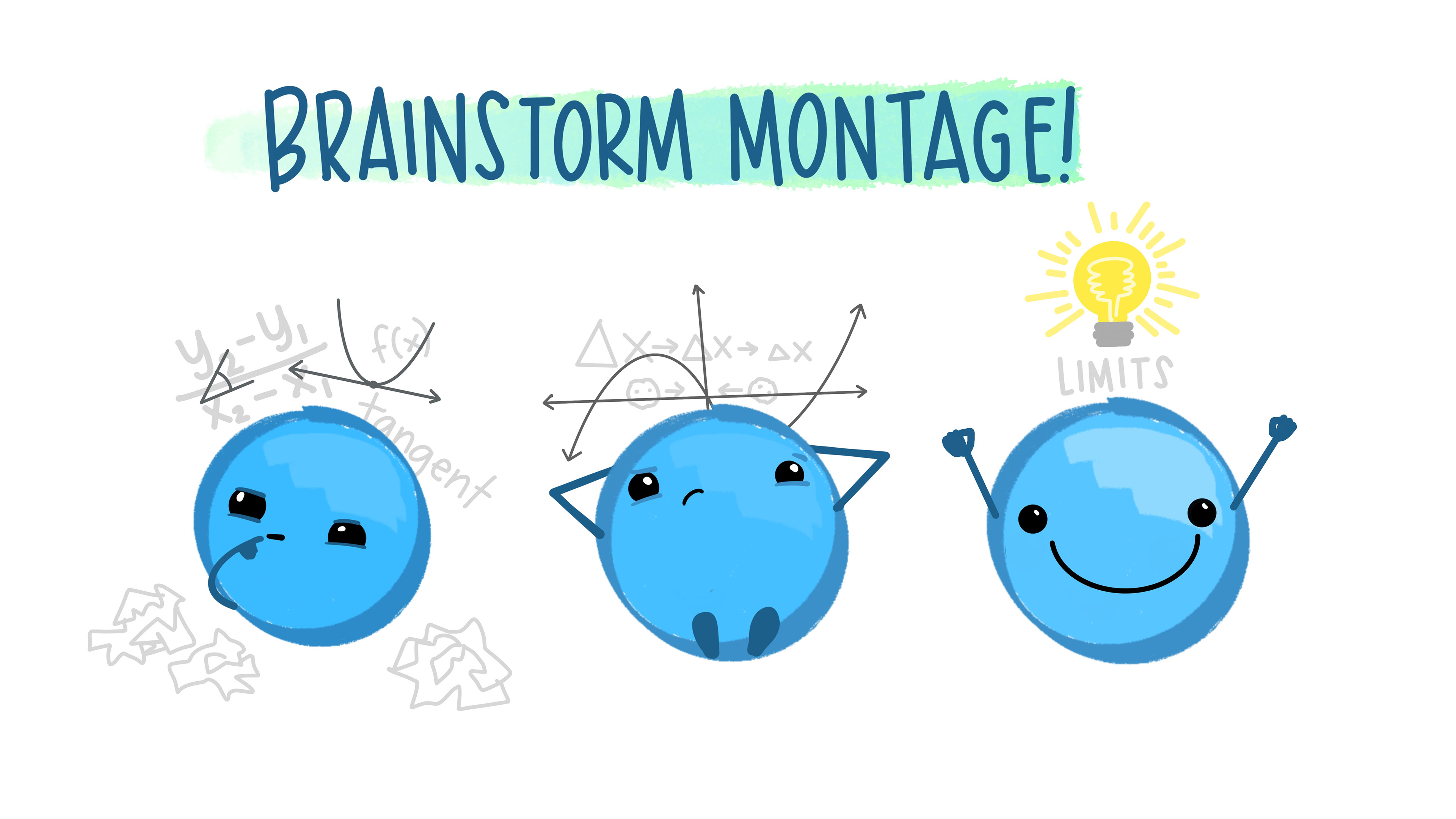Instructor

Master of Environmental Data Science (MEDS)

Artwork by Allison Horst
Quantitative skills are critical when working with, understanding, analyzing and gleaning insights from environmental data. In the intensive EDS 212 course, students will refresh fundamental skills in basic math (algebra, uni- and multivariate functions, units and unit conversions), derivative and integral calculus, differential equations, linear algebra, and reading, writing and evaluating logical operations.
The goal of EDS 212 (Essential Math in Environmental Data Science) is to prepare incoming MEDS students with quantitative methods, skills, notation and language commonly used in environmental data science and required for their data science courses and projects in the program. By the end of the course, students should be able to:
EDS 212 was originally developed and taught by Allison Horst. This new website houses materials which are heavily reused, adapted from, and inspired by Allison’s original work.